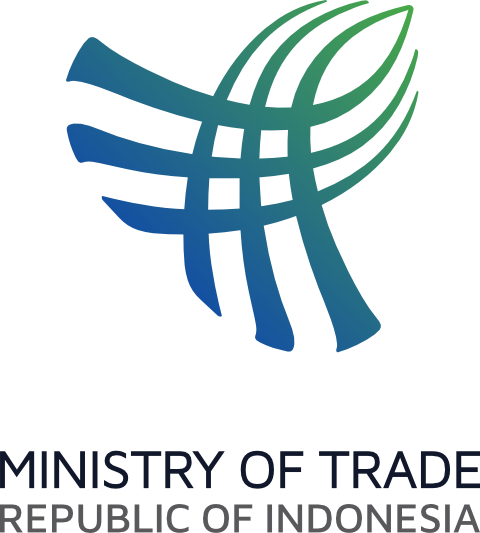
Nigeria’s food imports surge 16% to $2.5bn
Nigeria’s food imports surge 16% to $2.5bn
n 2024, Nigeria experienced a 16% year-on-year increase in food imports, reaching $2.5 billion, up from $2.13 billion in 2023. This rise occurred against the backdrop of worsening food insecurity, driven by intensified conflict and climate-related disruptions such as droughts that severely affected agricultural productivity. According to the 2025 World Bank Food Security Update, an additional one million Nigerians fell into acute food insecurity in 2024.
Data from the Central Bank of Nigeria (CBN) reveals that food importation increased in three out of four quarters of 2024. The first quarter saw a significant 40% quarter-on-quarter (QoQ) rise to $689.88 million. In the second quarter, imports dropped to $547.7 million, marking a 21% QoQ and 20% year-on-year (YoY) decline. However, this was followed by a rebound in the third quarter to $633 million, representing a 15.7% QoQ and a dramatic 132% YoY increase. The upward trend continued in the fourth quarter, with imports climbing to $658.54 million—a 3.9% QoQ and 33.5% YoY rise.
Despite the overall increase, food imports made up a smaller share of total imports in Q4 2024, falling to 13.15% from 18.13% in Q3. The CBN’s report highlighted that the industrial sector led imports with a 50.41% share, followed by the oil sector (20.24%) and food products (13.15%), with other sectors trailing behind.








